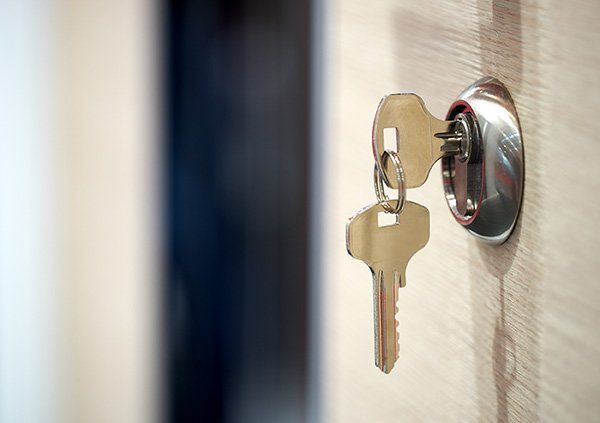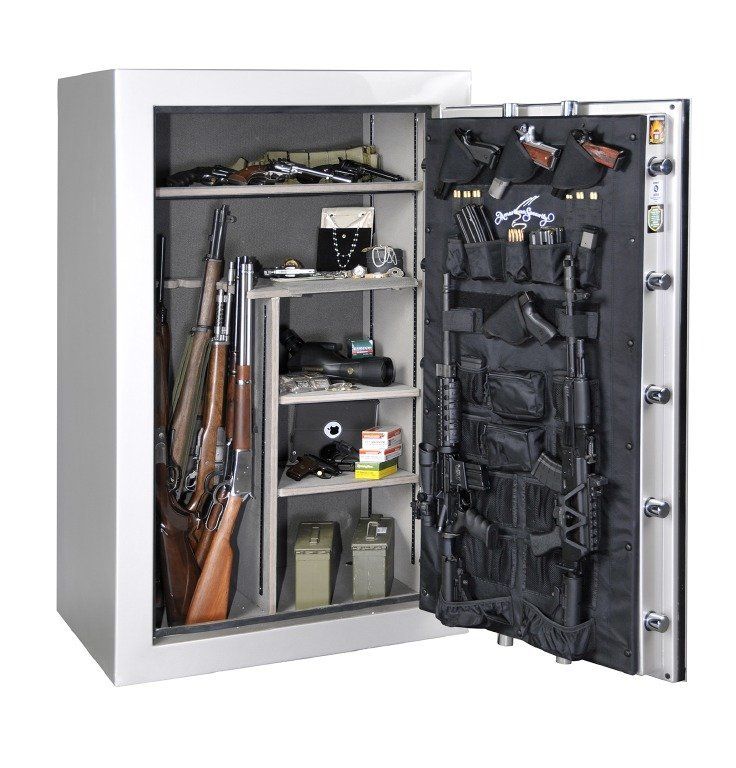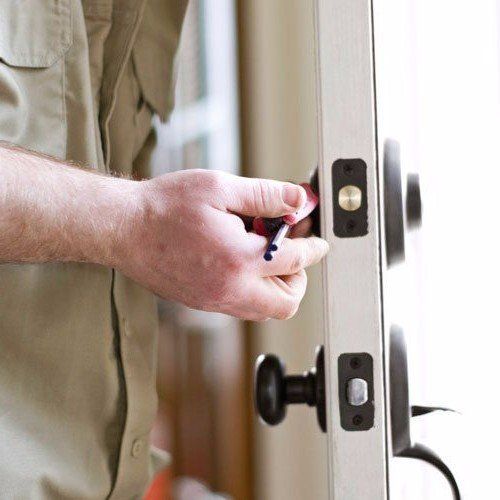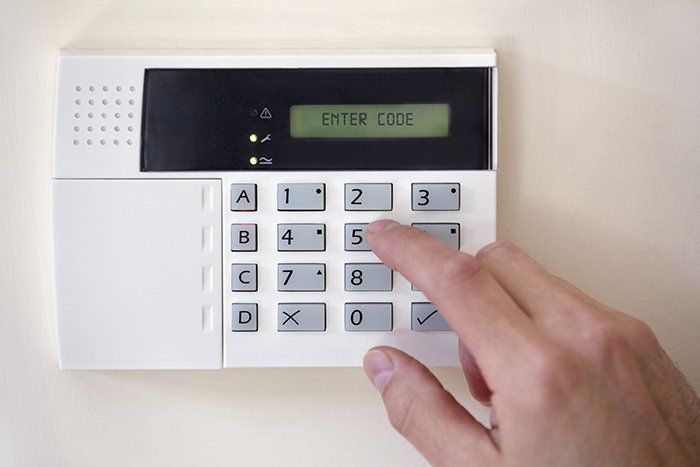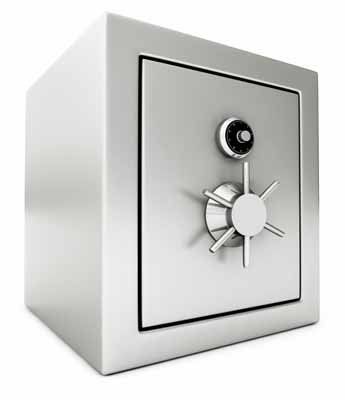Lock Maintenance: Key Tips You Should Know
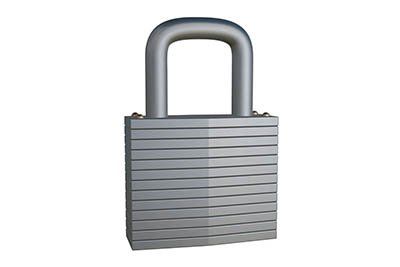
If you're like most people, you tend to forget about your locks once they’re installed. After all, you might think that they're just supposed to do their job and keep your home safe, right?
While it is true that high-quality locks should work with minimal problems, it doesn't mean that locks don't need a little maintenance from time to time. Performing some basic maintenance — the type you can do on your own — should greatly improve the quality and longevity of your locks. What's even better is that maintenance doesn't take much time, so it's definitely worth the small amount of effort it requires.
Keep Your Door in Good Shape
To start off with, even the best lock can't really do its job if it is attached to a door with issues. Thus, you should always make sure that your door is properly installed, hasn’t come off the hinges — or the track if applicable — and isn’t sagging or experiencing any other problems. These types of issues can put pressure on the lock and cause it to stop functioning altogether or at least to stop functioning properly.
If you do happen to have any problems with your doors and they're affecting your locks, get them fixed right away before the problem gets worse.
Lubricate Regularly
In addition to making sure that your door is functioning correctly, you should also take the time to lubricate your locks on a regular basis. Typically, a water-based lubricant is your best bet. When you keep your locks lubricated, all the pins and pieces can move as they should. Furthermore, it will keep parts of the lock from getting stuck or from being affected negatively by temperature changes.
Your locksmith can let you know how often you should be lubricating your particular lock and where to apply the lubricant for best results.
Don't Pull on Your Keys
Sometimes, maintenance isn't about doing something extra so much as it's about not doing something. In this case, you want to get into the habit of not pulling on your key when it's in the lock.
A lot of people have the habit of forcefully pulling their keys from their locks. Others will actually close their doors by pulling on the key while it's still in the lock. Don't do either of these things. When you roughly pull a key, it puts a lot of pressure on your lock. Eventually, this can cause the lock to fail. So, practice gently removing your key from the lock with a slight wiggle, never a pull.
Clean Locks the Right Way
Undoubtedly, you want your locks to look great on the outside. There's nothing wrong with that. Just make sure that, when you clean your locks, you do it properly.
All your locks really need is water on a soft cloth to come clean. If you insist on using some kind of soap, make sure it's a very mild detergent. Other products, especially those that are petroleum-based, can actually be overly abrasive and end up causing damage to the lock over time.
Take Good Care of Your Keys
Finally, keep in mind that a damaged key can actually do damage to your lock. Jagged edges and worn parts don't interact properly with your lock and can cause issues over time.
Thus, protect your key by using them gently and replacing them when they start to show the signs of wear and tear. A good tip is to always keep an unused original from which you can make copies as needed.
As you can see, there are a lot of things you can do to keep your locks in great, working order. When you run into a lock problem that you can't handle, however, remember to call on the expert locksmiths at Whitley's Lock & Safe.
